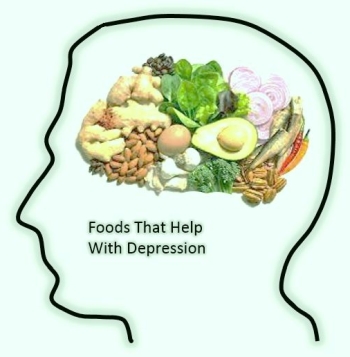Effect of Diet on Depression: A Review of Nutritional Solutions
Abstract
Depression is a mental illness with several categories that have common symptoms such as chronic sorrow, lack of interest, lack of pleasure, mood swings between guilt and poor self-esteem, sleep disturbances, and a loss of appetite. Over 300 million individuals globally suffer from depression, and the socioeconomic cost of this debilitating disorder is expected to rise dramatically in the future decades.
Behavioral health illnesses can be prevented and treated to some extent with dietary and nutritional means. Nutritional psychiatry has produced observational and effectiveness evidence regarding the role of healthy dietary patterns in the onset and treatment of depressive symptoms. Diet is associated with depressive symptoms or depression, meaning that an increase in depressive disorders coincide with a deterioration in healthy living choices, including poor quality diets.
Healthy eating habits and adequate intake of essential nutrients via the diet can help prevent and treat depression by reducing symptoms of mental illness. In addition, because nutrition is a modifiable risk factor for depression, it is practical for the public to consider dietary changes to reduce the prevalence of depressive disorders.
This paper reviews the potential value of diet-based actions to manage depression, and ways in which dietary changes could be made to improve mental and cognitive health. Furthermore, some practical solutions for preventing and controlling depression are proposed based on health-related effects of improving dietary habits and life style.

Authors retain all copyrights. In making a submission to World Nutrition, they are certifying that all material is theirs except quotations, as indicated, and that they have obtained permission for any photos, tables, or graphics taken from other publications or websites.




